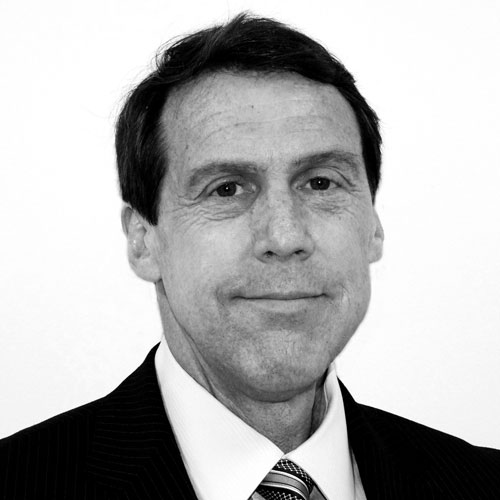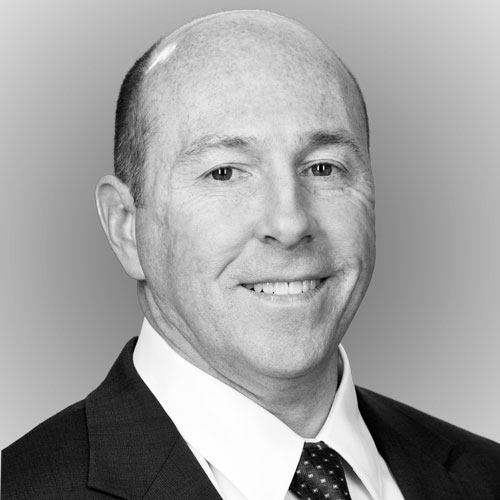For most companies, understanding emerging trends and forecasting change is important—but for Riverbed Technology, it’s absolutely critical. The tech company’s 27,000 customers globally include large enterprises and powerful government agencies—98 percent of the Forbes Global 100 companies use Riverbed products to manage their networks and help them achieve maximum application performance. In October of last year, the San Francisco-based company polled customers and discovered that nearly one-third were already exploring adoption of software-defined, wide-area networking (SD-WAN). As the cloud and hybrid networks become the new normal, most customers surveyed were looking to deploy new applications and services quickly while reducing costs, complexity, and errors.

In short, the tech space was—and is—moving faster than ever before, and the need for speed, agility, and optimal application performance is always at the forefront. With Riverbed’s customers transitioning from traditional networks, the company must deliver new, responsive products and solutions. Company leaders like chief financial officer John Theler know that many of Riverbed’s customers will evolve aging systems and branch routers with SD-WAN technology in the next several years. The company has been evolving its suite of products and investing in research and development to meet the changing demands of these emerging and hybrid markets.
All company departments will have to work together during the transition to add the most value, drive results for customers, and return profits to shareholders. Theler knows that his department can make a significant contribution with strategies designed to facilitate growth, control costs, and unite products, sales, and strategy company wide. “Finance doesn’t choose the products we develop or the features we integrate, but much of my job is in facilitating activities across the company,” he says. “Our department has to make sure we have structures in place to support these new deliverables.”
And Theler is the man for the job. He started his career at Ernst & Young after earning an accounting degree at Brigham Young University. From there, he went from Internet startups to large corporations as he climbed the ranks from controller to vice president. In 2013, he left Lam Research to join Riverbed for a shot at the CFO seat, which he assumed in May 2015.
In previous roles, Theler gained experience that now proves invaluable at Riverbed. “Cost accounting is somewhat of a lost art. That’s something I learned early on that I still use to this day,” Theler explains. “People might think it doesn’t matter in software, but no matter what business you are in, you have to know what resources you have, what is going to be delivered, and how and when it’s going to get there.”
Theler combines knowledge gained from working in a big firm and earning his CPA designation with lessons learned from corporate positions to lead a team of ninety finance professionals. Theler, whose career spans two decades in the industry, knows it’s still important to trust a competent staff. “I might be able to see 180 degrees in my circle of responsibility, but I can rely on a complementary team to see the other 180 degrees of blind spots in areas where my experience is more limited,” he says. With the right people in the right positions, Theler can develop his own knowledge in pursuit of the total 360-degree perspective.
Together, the finance team at Riverbed helps the company achieve two goals. Each year, the team must do more with the same resources, while helping customers improve. “The systems and applications we use to run the business have to be as integrated as possible, so a lot of the CFO’s role becomes about communicating and leveraging data to help our business partners make the best business decisions possible,” Theler says. Any time colleagues turn to finance to solve a problem, the department looks to piggyback on or modify existing structures before starting a costly new implementation.
Because communication is key, Theler takes every opportunity to foster discussion and create forums that allow groups like products, sales, and strategy to come together and align their vision with that of the company. “CFOs have a broad view of what’s going on in a business, and it’s my job to be the guy to ask probing questions and help bring common sense to technical issues in a complex industry so the overall organization can unite for a common purpose,” he says. After doing so, informed leaders can move forward together on issues like product placement, cost of development, logistics, and pricing.
When Riverbed introduces a new solution, the company has to scale and deliver. The finance team has to ensure properly equipped support teams are operational in all geographies. They have to price appropriately to fund future development, and they have to enable a great customer experience. “Cost of satisfaction is a key metric for us,” Theler says. Happy customers are repeat customers. Finance stays proactive with scalability, support, and logistics to keep satisfaction numbers and renewal agreements high.
As enterprises look to rearchitect their networks in a world moving to the cloud, hybrid networks, and distributed workforces, Riverbed Technology is in an exciting new era, according to Theler. “We’ve got all the pieces in place to deliver what our customers need, and we can’t wait to see where we go from here,” he says. No matter what the future holds, the finance department at Riverbed will continue to play an important role in moving the company forward.

